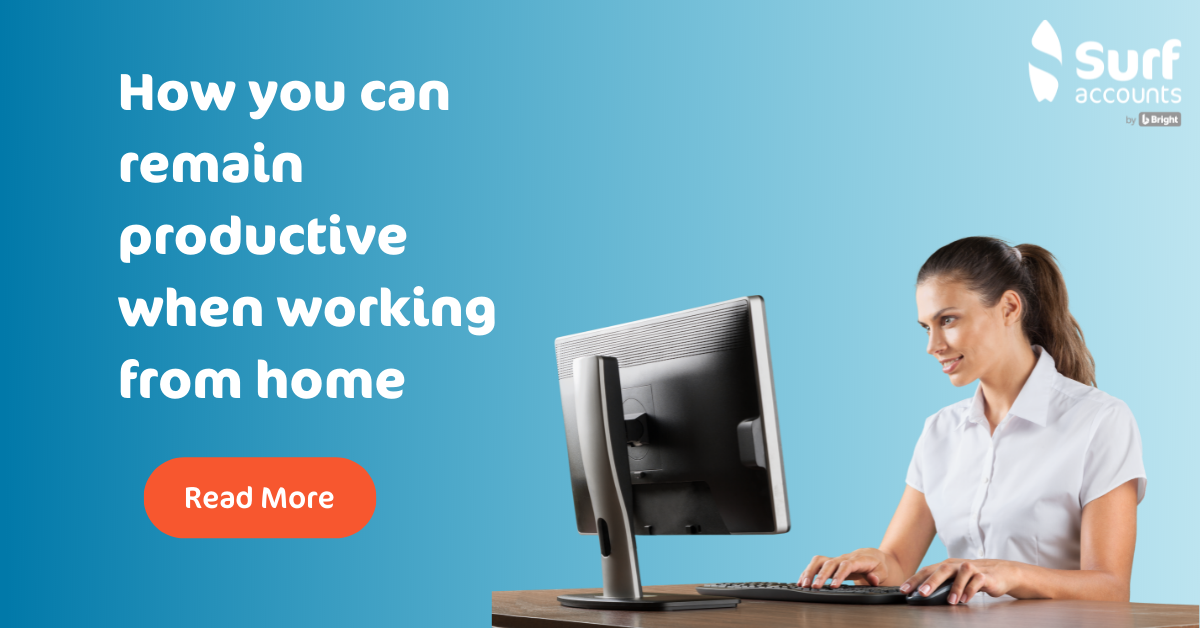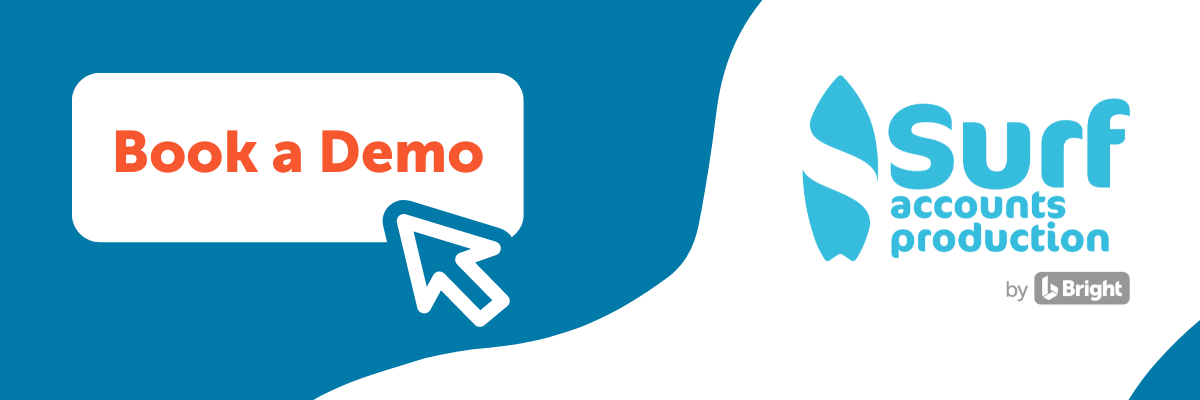How accountants can stay productive when working from home
The beginning of the Covid-19 pandemic opened our eyes to the potential of working remotely. Since then, working from home has become popular among both employees and employers, with a significant increase in organisations offering a fully remote, or a hybrid working model – which encourages a mixture of working from home and going into the office. According to a recent survey among Irish workers, 92% of workers who had worked remotely in the previous 12 months were satisfied or very satisfied with their job and most employees now seek the option of remote working when considering new job opportunities.
However, if your practice offers the option of remote working, it’s likely you have come across a couple of obstacles already. Therefore, if you are introducing hybrid working for the first time or re-introducing it to your practice, then there are a couple of things to keep in mind to ensure its success.
As an accountant, it is vital that you establish a strong infrastructure, using the right tools, to enable you and your team to work remotely. By utilising the right technical infrastructure, such as cloud accounting software, your team can continue to collaborate and work together, as well as communicate with clients effectively. Building and maintaining a productive remote-working environment will also require you to take steps that will develop a positive culture and will ensure a healthy work-life balance. There are a couple of key steps to take to ensure your employees have the ability to maintain their high working standards when working remotely.
1. Provide the right equipment
An employee that chooses to work remotely or avail of a hybrid working model may not have the correct tools available when working from home. In an office setting most things you need are available, and this should be transferred to your employee’s home if working remotely. Failure to provide the correct equipment can lead to time being wasted, poorer collaboration and an overall drop in productivity levels. Access to laptops, monitors, headsets, and keyboards can all go a long way in ensuring your employees can thrive while working outside of the office.
Along with the physical tools you’ll need to provide, you’ll also need to establish a tech stack that you and your team can rely on. This will help with collaboration as well with automating many manual tasks. Apps and software you’ll find useful will include communications messaging tools, such as Slack, a practice management platform, file-sharing software, and video conferencing tools.
2. Leverage cloud accounting software
Of course, your tech stack would be nothing without your accounting software. Using a cloud software makes the sharing and accessing of employee files much easier. A cloud-based accounting software such as Surf Accounts allows your employees and clients to collaborate easily, from wherever they choose to work from. By using Surf Accounts, you will be able to access, edit and share documents no matter where you are located. You’ll also benefit from:
To fully run your practice successfully from home, you’ll need access to an accounts production software.
Surf Accounts Production is an online accounts production software that helps accountants prepare and produce financial statements wherever and whenever they choose. The system ranks number one in terms of compliance and offers many time-saving solutions such as e-signing, multiple financial statement templates, and a full integration with our bookkeeping platform. The cloud software offers everything your practice needs when working remotely.
3. Encourage a healthy work-life balance
While hybrid workers are working longer hours than their office counterparts, hybrid working is still the preferred option. This is reflected in the study undertaken by the NUI Galway researchers and the Western Development Commission. They found that 49% of respondents are working more hours remotely but 30% would change jobs – even it means a pay cut – if their remote working preferences are not facilitated.
With the long hours in mind, it is important that your workers are not feeling under constant pressure. Establishing clear working hours is important in a hybrid working scheme. You should communicate with your workers on when you expect them to work, and when they should take their breaks allowing them to recharge. Overworking will hinder the quality of work your employees produce, so stressing the importance of breaks and allowing your workers to be relaxed and focused on their tasks will help to improve productivity throughout your entire practice.
4. Facilitate hybrid meetings
On any given working day, where a hybrid working model is in place, some of your employees will be at home and some will be in the office. This it to be expected, but just because an employee is working from home does not mean they should be missing valuable information that may be discussed in meetings.
It is important when offering remote working that you continue to use virtual and in-person meetings in-tandem. This can be done through platforms such as Microsoft Teams and Zoom, both easy-to-use systems that allow constant communication through video calls, voice calls and messaging. When running a virtual meeting try to encourage that all participants have their camera’s on, design the meeting for all attendees, encouraging participation, and have a clear agenda for the meeting. A strong virtual meeting ensures communication throughout the entire organisation or team, no matter where your employees are located. These platforms also make it easy to ask questions and create a team environment even when people are out of office.
Discover more:
Hybrid working is here to stay, so it is important to be prepared. Productivity levels must remain high for your business to perform to its potential and cloud is a crucial factor in achieving this. By establishing a robust tech infrastructure, your employees can work just as well from home as the office. An online accounting software such as Surf Accounts or a cloud accounts production software allows your employees to function efficiently wherever they choose to work from. Book a demo to discover more.
Related articles:


